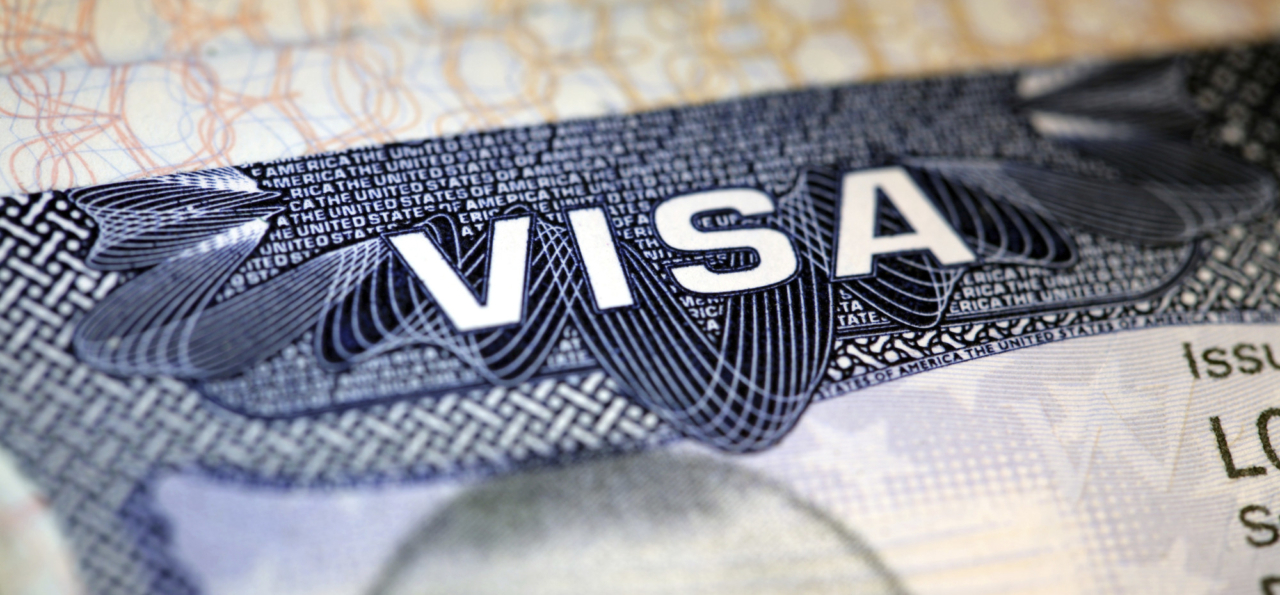The initial registration period for the 2025 fiscal year H-1B cap will open at noon Eastern time on March 6 and run through noon Eastern time on March 22, US Citizenship and Immigration Services announced. During this period, prospective petitioners and their representatives, if applicable, must use a USCIS online account to register each beneficiary electronically for the selection process and pay the associated registration fee for each beneficiary.
H-1Bs are temporary, nonimmigrant visas for foreign workers with at least a bachelor’s degree, and they often go to technology workers.
‘Beneficiary-Centric’ Selection Process
USCIS on Jan. 30 announced a final rule containing provisions to create a “beneficiary-centric” selection process for registrations by employers aimed at preventing H-1B candidates from submitting multiple applications. Previously, individuals could unfairly increase their chances of selection by filing applications through multiple employers.
“Under the beneficiary-centric process, registrations will be selected by unique beneficiary rather than by registration,” USCIS stated in a press release. “This new process is designed to reduce the potential for fraud and ensure each beneficiary would have the same chance of being selected, regardless of the number of registrations submitted on their behalf by an employer.”
Starting with the fiscal 2025 initial registration period, USCIS will require registrants to provide valid passport information or valid travel document information for each beneficiary. The passport or travel document provided must be the one the beneficiary, if or when abroad, intends to use to enter the US if issued an H-1B visa. Each beneficiary must only be registered under one passport or travel document.
Filing Fees Jump
USCIS on Jan. 30 also published a final rule that adjusts the filing fees required for most immigration applications and petitions, including H-1B visas. The new fees as well as revised forms will be effective April 1, which is also the earliest date that cap H-1Bs can be filed.
Under the new rules, the H-1B filing fee will increase to $780, up 70% from the prior $460 price tag. However, the fee will remain at $460 for nonprofits as well as employers with fewer than 25 full-time equivalent employees.
“The ACWIA Fee (to fund the training of US workers) and the Fraud Fee will remain the same: $750 to $1,500 (depending on the employer’s size) and $500, respectively. USCIS is adding an Asylum Program Fee of $600 for most employers filing I-129s (Petitions for Nonimmigrant Workers),” law firm Jackson Lewis P.C. explained in a blog post. That brings the total H-1B fee for most employers up to $3,380 without any premium processing. As the registration date approaches, prepare for higher fees, fraud crackdown, new organizational accounts and more.
Organizational Accounts, Online Filing Launch
On Feb. 28, USCIS will launch new organizational accounts in the USCIS online account that will allow multiple people within an organization and their legal representatives to collaborate on and prepare H-1B registrations, H-1B petitions and any associated Form I-907.
Also on Feb. 28, USCIS will launch online filing of Form I-129 and associated Form I-907 for non-cap H-1B petitions. And on April 1, USCIS will begin accepting online filing for H-1B cap petitions and associated Forms I-907 for petitioners whose registrations have been selected.
Petitioners will continue to have the option of filing a paper Form I-129 H-1B petition and any associated Form I-907 if they prefer. However, during the initial launch of organizational accounts, users will not be able to link paper-filed Forms I-129 and I-907 to their online accounts.
The organizational accounts will be available for non-cap filings and the fiscal year 2025 H-1B cap season.
“USCIS is always striving to improve and streamline our processes, and this is a big step forward,” USCIS Director Ur M. Jaddou said in a press release. “Once we launch the organizational accounts and online filing of I-129 H-1B petitions, the entire H-1B lifecycle becomes fully electronic — from registration, if applicable, to our final decision and transmission to the Department of State.”
The establishment of organizational accounts is a “welcome change” that will allow more than one person at an employer entity online filing access, Lori Chesser, a shareholder at global law firm Dentons, wrote in a JDSupra blog post. “Until now, only one email address — which was not to be shared — could be associated with an account, making obtaining authorization to file, collaboration with legal counsel, and staffing changes challenging,” Chesser wrote.
USCIS expects to launch the organizational accounts in February, with online filing of Forms I-129 and I-907 following shortly thereafter. In addition to streamlining the Form I-129 H-1B petition process, these changes should help reduce duplicate H-1B registrations and other common errors, it stated.
USCIS will also transition the paper filing location for Forms I-129 and I-907 from service centers to the USCIS lockbox as part of efforts to increase efficiency by standardizing processes and reducing costs.
Pilot Program for Revalidating H-1B Visas
The US Department of State in December 2023 released details on a proposed pilot program testing the agency’s ability to resume domestic visa renewals for H-1B visas and to study the effect the program has on reducing visa wait times worldwide. It will allow certain H-1B visa holders to receive an H-1B visa stamp in their valid passport in lieu of applying for the visa stamp at a US consulate or embassy abroad.
The program, which launched on Jan. 29 and ends on April 1, is available to applicants who are renewing an H-1B visa issued by Mission Canada between Jan. 1, 2020, and April 1, 2023, or by Mission India between Feb. 1, 2021, and Sept. 30, 2021.









